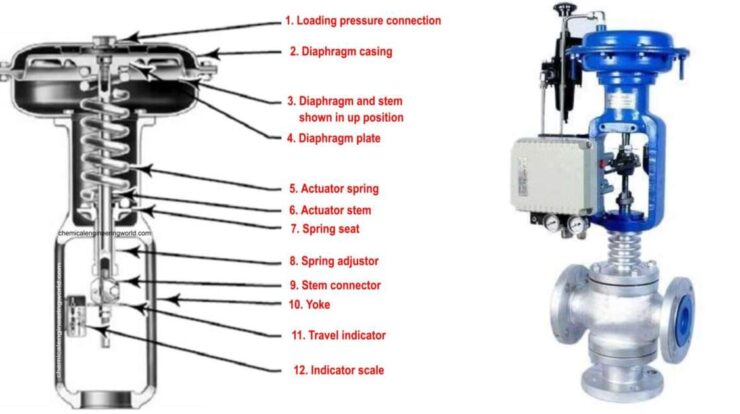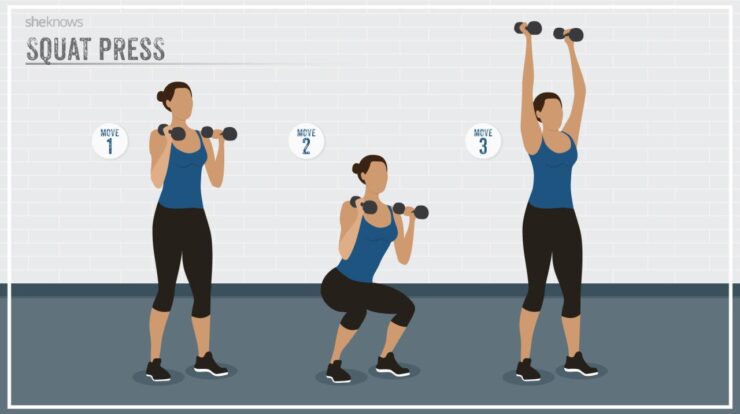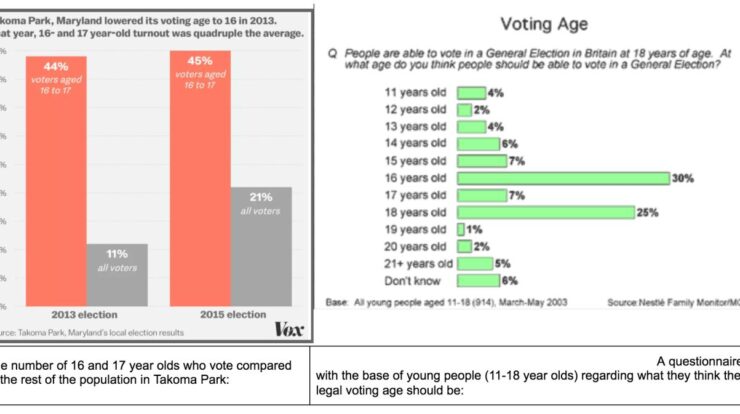The importance of hydration for seniors cannot be overstated. As we age, our bodies become less efficient at retaining water, making it crucial to prioritize adequate fluid intake. This article delves into the physiological significance of hydration, its impact on senior health, recommended fluid intake guidelines, and strategies to overcome barriers to hydration.
Maintaining optimal hydration is paramount for seniors’ overall well-being, reducing the risk of various health issues and promoting healthy aging.
Physiological Importance of Hydration
Water is essential for all living organisms, and seniors are no exception. In fact, seniors may be at an even greater risk of dehydration than younger adults, as they often have decreased thirst sensation and may be taking medications that can cause dehydration.
Water plays a vital role in many bodily functions, including:
- Regulating body temperature
- Transporting nutrients and oxygen to cells
- Removing waste products from the body
- Lubricating joints
- Protecting tissues from damage
Dehydration can occur when a person does not drink enough fluids to replace the water that is lost through sweat, urine, and other bodily functions. Dehydration can lead to a number of health problems, including:
- Fatigue
- Headaches
- Constipation
- Urinary tract infections
- Kidney stones
- Heat stroke
Seniors are at an increased risk of dehydration for a number of reasons. As we age, our thirst sensation decreases, and we may not drink enough fluids to meet our needs. Additionally, many seniors take medications that can cause dehydration, such as diuretics and laxatives.
It is important for seniors to stay hydrated by drinking plenty of fluids throughout the day. Good sources of fluids include water, juice, milk, and soup. Seniors should also avoid drinks that contain caffeine or alcohol, as these can actually dehydrate the body.
Health Consequences of Dehydration
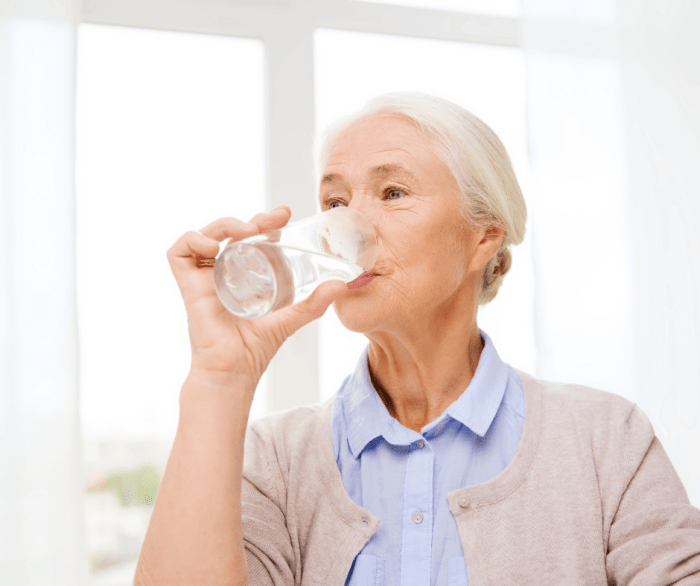
Dehydration is a serious condition that can have significant health consequences, especially for seniors. As we age, our bodies become less efficient at regulating fluid levels, making us more susceptible to dehydration. Even mild dehydration can lead to a range of health issues, while severe dehydration can be life-threatening.
Seniors, especially those on medication, need to stay well-hydrated to prevent heatstroke. Heatstroke is a dangerous condition that can occur when the body is unable to cool itself, and seniors are more susceptible to it due to their decreased ability to sweat and regulate body temperature.
To stay safe, seniors should drink plenty of fluids, especially water, and avoid sugary drinks. They should also avoid strenuous activity during hot weather and wear loose, lightweight clothing. For more information on medication and heatstroke in seniors, visit this blog . Staying hydrated is crucial for seniors to maintain their health and well-being, especially during hot weather.
Common Health Issues Associated with Dehydration in Seniors, Importance of hydration for seniors
- Constipation:Dehydration can harden stools, making them difficult to pass.
- Urinary tract infections (UTIs):Dehydration reduces urine output, which can lead to a buildup of bacteria in the bladder and urinary tract.
- Heat exhaustion:Dehydration can impair the body’s ability to regulate temperature, leading to heat exhaustion and potentially heat stroke.
- Fatigue:Dehydration can cause fatigue and weakness, as the body struggles to function properly without adequate fluids.
- Confusion and disorientation:Dehydration can affect brain function, leading to confusion and disorientation.
Risks and Complications of Severe Dehydration
Severe dehydration can lead to serious complications, including:
- Electrolyte imbalance:Dehydration can lead to an imbalance of electrolytes in the body, such as sodium and potassium, which can disrupt heart function and other vital processes.
- Kidney failure:Severe dehydration can damage the kidneys, leading to kidney failure.
- Seizures:Dehydration can trigger seizures, especially in the elderly.
- Coma:In extreme cases, severe dehydration can lead to a coma.
Recommended Fluid Intake for Seniors
As we age, our bodies become less efficient at retaining water, making it crucial for seniors to maintain adequate hydration. Recommended fluid intake varies based on factors such as age, activity level, and health conditions.
The general guideline for daily fluid intake is around eight glasses of water per day, but this may vary depending on individual needs. For instance, seniors who are physically active or live in hot climates may need to consume more fluids.
Monitoring Fluid Intake
Monitoring fluid intake is essential for seniors to prevent dehydration. Signs of dehydration include fatigue, dizziness, dry mouth, and decreased urine output. It’s important to consult a healthcare professional if any of these symptoms persist.
Sources of Hydration
Hydration can be obtained from various sources, each with its own benefits and drawbacks.
For seniors, staying hydrated is crucial for overall health. While enjoying the outdoors, it’s equally important to practice sun safety tips for older adults . Prolonged sun exposure can lead to dehydration, so it’s essential to drink plenty of fluids before, during, and after outdoor activities.
Proper hydration helps maintain body temperature, supports vital bodily functions, and reduces the risk of heat-related illnesses.
Water
Water is the purest and most readily available source of hydration. It contains no calories, sugar, or other additives, making it an ideal choice for staying hydrated.
Beverages
- Sports drinks:These drinks contain electrolytes, which can help replenish those lost through sweat during physical activity. However, they often contain high amounts of sugar and calories, which can be detrimental to overall health.
- Juice:Fruit and vegetable juices contain vitamins, minerals, and antioxidants, but they also contain natural sugars. Consuming large amounts of juice can lead to weight gain and tooth decay.
- Tea and coffee:These beverages contain caffeine, which can act as a diuretic and increase urination. However, they also contain antioxidants and other beneficial compounds.
Foods
Certain foods, such as fruits and vegetables, contain high water content and can contribute to hydration. For example, watermelon is 92% water, while cucumber is 95% water.
Barriers to Hydration
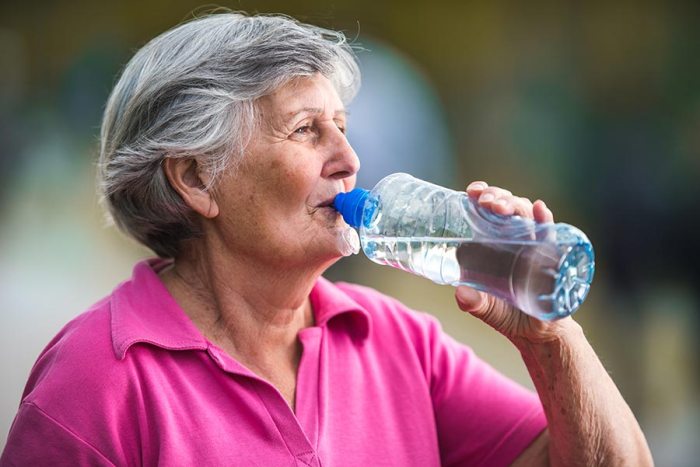
As we age, maintaining adequate hydration becomes increasingly challenging due to various physiological changes and lifestyle factors. Several common barriers can hinder seniors from consuming sufficient fluids.
One significant barrier is the diminished thirst sensation. As we grow older, our thirst mechanism becomes less sensitive, making it difficult to recognize the body’s need for hydration. Additionally, certain medications, such as diuretics, can further suppress thirst, leading to dehydration.
Proper hydration is paramount for seniors, especially during the sweltering summer months. To beat the heat, staying cool in summer for seniors is crucial, as dehydration can lead to serious health issues. Therefore, it’s essential for seniors to maintain adequate hydration throughout the day, regardless of their activity level or the temperature.
Cognitive Impairments
Cognitive impairments, such as dementia or Alzheimer’s disease, can also pose a challenge to hydration. Seniors with cognitive impairments may forget to drink fluids, have difficulty accessing water, or experience difficulty swallowing.
Mobility Limitations
Mobility limitations can make it challenging for seniors to access water sources or prepare beverages. Reduced mobility may prevent them from reaching the kitchen, bathroom, or other places where fluids are stored.
Social Isolation
Social isolation can also contribute to dehydration. Seniors who live alone or have limited social interaction may not have someone to remind them to drink fluids or assist them in accessing water.
Overcoming Barriers
Overcoming these barriers requires a multi-faceted approach involving seniors, caregivers, and healthcare professionals.
- Encourage seniors to drink fluids regularly, even when they do not feel thirsty.
- Make water easily accessible by placing water bottles or pitchers in convenient locations.
- Use visual cues, such as colorful cups or reminders, to prompt seniors to drink.
- Consider using assistive devices, such as straws or cup holders, to make drinking easier for those with mobility limitations.
- Involve family, friends, or caregivers to provide support and reminders for hydration.
Role of Caregivers
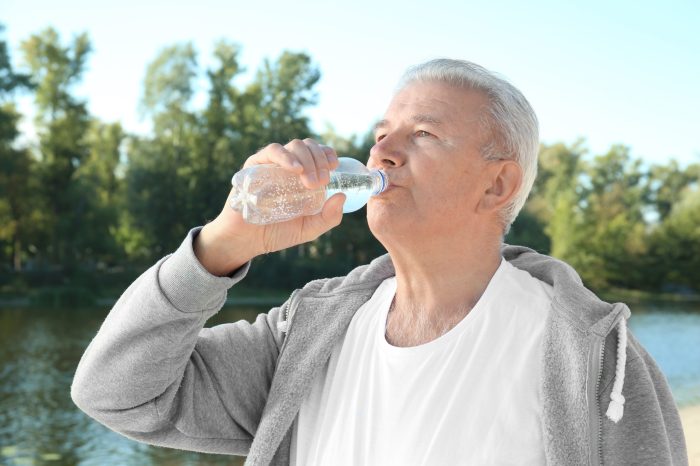
Caregivers play a pivotal role in ensuring the hydration of seniors. As seniors may face challenges in recognizing and addressing their hydration needs, caregivers must be vigilant in monitoring their fluid intake and overall hydration status.
Caregivers should encourage seniors to drink fluids throughout the day, even when they do not feel thirsty. Offering a variety of fluids, such as water, electrolyte-rich beverages, and fruit juices, can help make hydration more appealing. Caregivers should also be mindful of the senior’s fluid intake during meals and activities that may lead to dehydration, such as exercise or exposure to heat.
Recognizing Signs of Dehydration
Recognizing the signs of dehydration is crucial for caregivers. Common signs include dry mouth, fatigue, decreased urine output, dizziness, and confusion. If a senior exhibits any of these symptoms, it is essential to seek medical attention promptly.
Wrap-Up: Importance Of Hydration For Seniors
In conclusion, hydration is a cornerstone of healthy aging. Seniors must prioritize regular fluid intake to maintain optimal physical and cognitive function. Caregivers play a vital role in ensuring adequate hydration by monitoring fluid intake, encouraging fluid consumption, and recognizing signs of dehydration.
By addressing common barriers to hydration and implementing effective strategies, we can empower seniors to live healthier, more fulfilling lives.
FAQ
Why is hydration particularly important for seniors?
As we age, our bodies become less efficient at retaining water, making seniors more susceptible to dehydration.
What are the common health issues associated with dehydration in seniors?
Dehydration can lead to various health problems in seniors, including fatigue, constipation, urinary tract infections, and falls.
How much fluid should seniors drink daily?
Recommended daily fluid intake varies depending on age, activity level, and health conditions. However, most seniors should aim for around 8-10 glasses of water per day.
What are some strategies to overcome barriers to hydration in seniors?
Strategies include using reminders, making fluids easily accessible, and offering fluids with meals and snacks.



